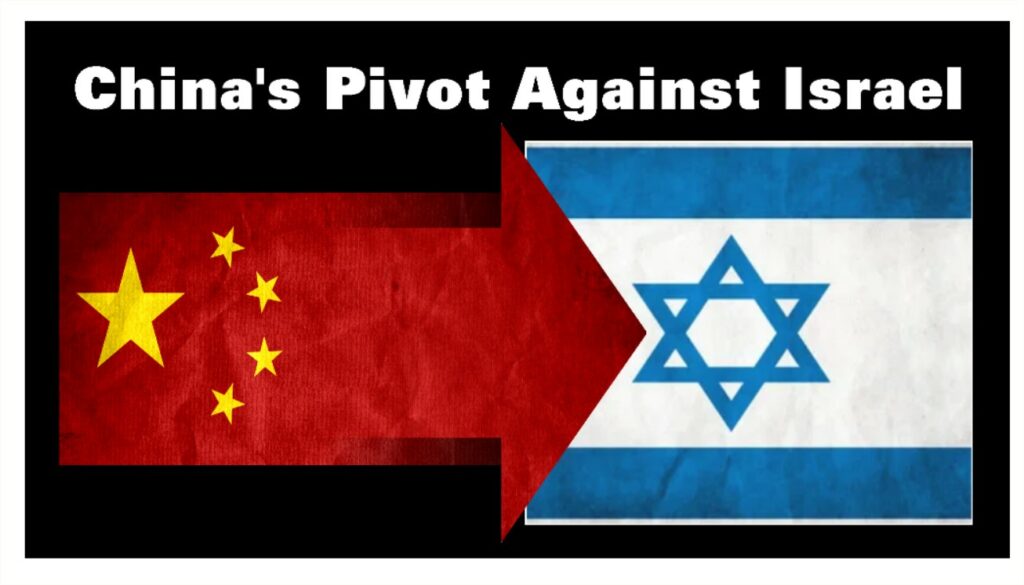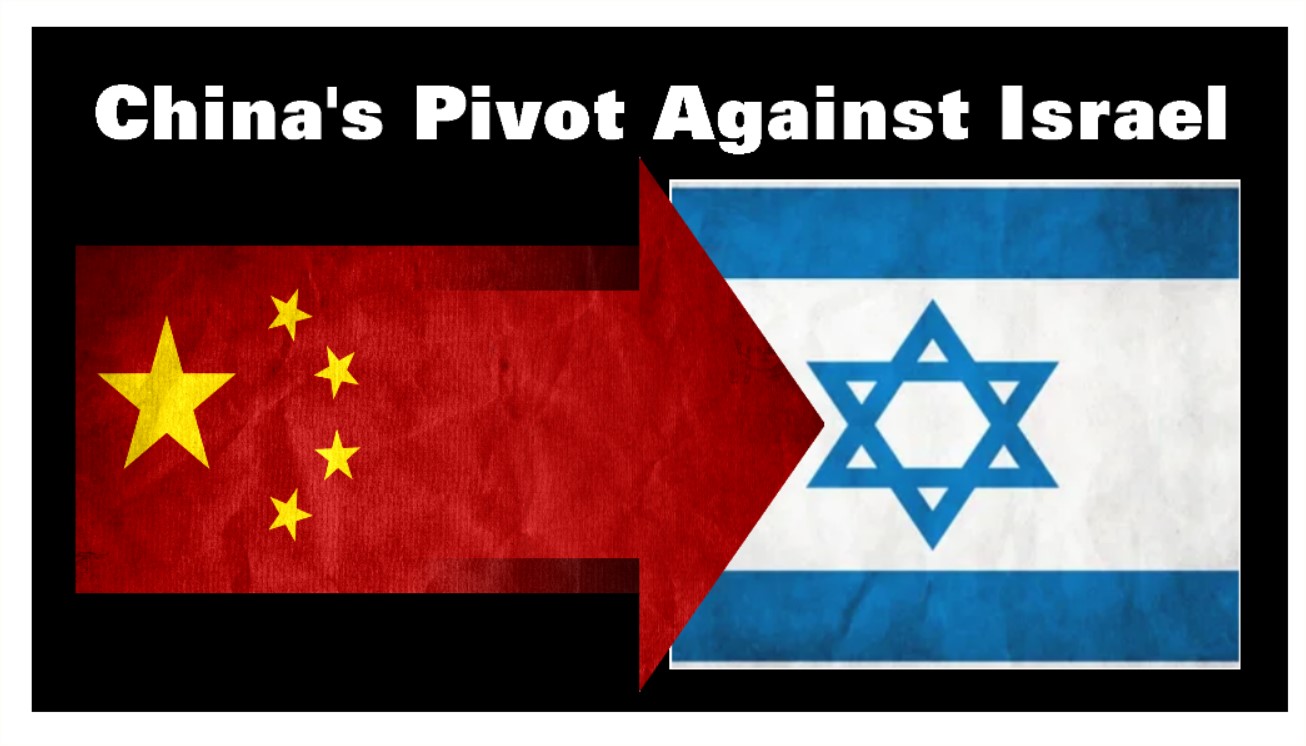
Never before had a Chinese president signed a summit statement rebuking Israel, particularly one co-signed by an Iranian president who, more than once, had threatened Israel’s annihilation. China’s intention was to hit America by cynically striking out at Washington’s closest ally in the region.
The ominous global consequence of the China-Iran summit. In a joint statement on February 16, Iran and China pledged to “firmly support each other in safeguarding national sovereignty, territorial integrity and national dignity.” China also said it “firmly” opposed “interference by external forces in Iran’s internal affairs and undermining Iran’s security and stability.” During their talks, Xi vowed that China will “unswervingly develop” ties with Iran “no matter how the international and regional situational changes.”
Iran sells oil to China at a steep discount of at least 25 percent. Yet Tehran reportedly earned billions in 2022 from oil sales to Beijing. China’s crude imports from Iran reached a new record in December 2022, Armen Azizan, an oil analyst, reported on Vortexa, an oil tracking firm.
Numerous cooperation agreements, some with technological security implications, alongside the swipe at Israel, empower Iran and give it more legitimacy. They enlarge a crack that allows Iran to break through the wall the United States has erected to surround it. This crack in the wall was first opened by Russia. Russia’s successful demand for Iranian weapons for use against Ukraine has changed Iran’s position. It is now a continental geopolitical player beyond the Middle East. How will Iran use the instruments China has allegedly promised to supply, for example face-recognition technologies to identify regime opponents, and access to a major Chinese spy satellite? Will Iran use both on a global scale?



